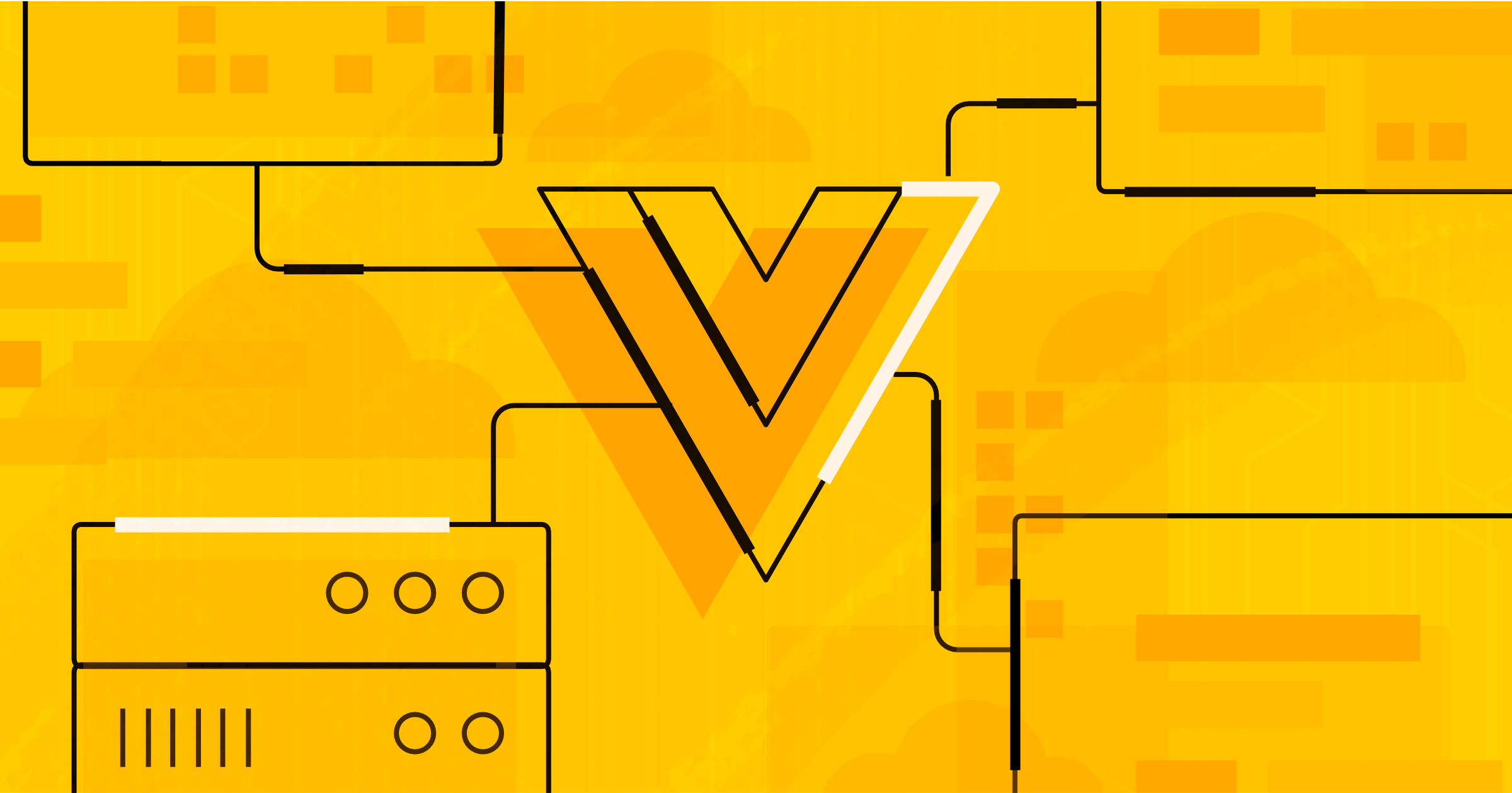

- #NODE JS DOCKER FILE BUDDY HOW TO#
- #NODE JS DOCKER FILE BUDDY INSTALL#
- #NODE JS DOCKER FILE BUDDY CODE#
- #NODE JS DOCKER FILE BUDDY ZIP#

Of course you could also leave away the echo statements and run it regularly with docker build. To see the output of the echo statements.
#NODE JS DOCKER FILE BUDDY INSTALL#
RUN apt-get update & apt-get install -y curl sudo So here's for example how you'd do it for ubuntu: FROM ubuntu for ubuntu) don't have all required dependencies installed (namely curl and sudo). The accepted answer gives the link to the installation instructions for all systems, but it won't run out of the box since you often (e.g. So question is.how this installation above make install inside my Dockerfile when I am building it with Jenkins?
#NODE JS DOCKER FILE BUDDY CODE#
& echo 'extension=memcache.so' > /usr/local/etc/php/conf.d/memcache.iniĪfter this I am runing my entrypoint.sh with code #!/usr/bin/env shĬomposer run-script post-install-cmd -no-interactionīut then I`ve got this error Error Output: assetic.ERROR: The template ":tmp:" contains an error: A template that extends another one cannot have a body in ":tmp:module.htīut when I install inside the Docker container node this way apt-get install git-core curl build-essential openssl libssl-dev
#NODE JS DOCKER FILE BUDDY ZIP#
RUN docker-php-ext-install curl json mbstring opcache pdo_mysql zip gd exif sockets mcrypt RUN docker-php-ext-configure gd -with-freetype-dir=/usr/include/ -with-jpeg-dir=/usr/include/ # Install PHP5 and modules along with composer binary Here is installation packages what I am using in my docker.

#NODE JS DOCKER FILE BUDDY HOW TO#
But I don`t know how to install node in my dockerfile, when building with jenkins. I want to build my CSS files with less+node. Increase overall performances and performance stability.I am user of AWS elastic beanstalk, and I have a little problem. i -instances launch of processes automatically load-balanced. Pm2-runtime is a drop-in replacement node.js binary with some interesting production features To enable Keymetrics monitoring with pm2-runtime, you can either use the CLI option –public XXX and –secret YYY or pass the environment variables KEYMETRICS_PUBLIC and KEYMETRICS_SECRET.Įxample with the CLI options via a Dockerfile: Once you created a Bucket on Keymetrics you will get a public and a secret key. Keymetrics.io is a monitoring service built on top of PM2 that allows to monitor and manage applications easily (logs, restart, exceptions monitoring…). This is quite interesting in a development container when the host files are exposed to the container as a VOLUME. Replacing pm2-runtime with pm2-dev will enable the watch and restart features. You may want to tell Developers to program inside a container to keep a consistant environment between develoment, test and production. Read more about application state management here Development environment You can modify this delay by setting the kill_timeout option inside your application configuration file. on ( ' SIGINT ', function () ) īy default PM2 will wait 1600ms before sending a final SIGKILL signal. In your Dockerfile add this line to install PM2: Automatic Source Map Discovery and Resolving Supportįurther than that, using PM2 as a layer between the container and the application brings PM2 powerful features like application declaration file, customizable log system and other great features to manage your Node.js application in production environment.Automatic Application Monitoring to keep it always sane and high performing.Second Process Fallback for High Application Reliability.It solves major issues when running Node.js applications inside a container like: The goal of pm2-runtime is to wrap your applications into a proper Node.js production environment. Start today using pm2-runtime, a perfect companion to get the most out of Node.js in production environment.


 0 kommentar(er)
0 kommentar(er)
